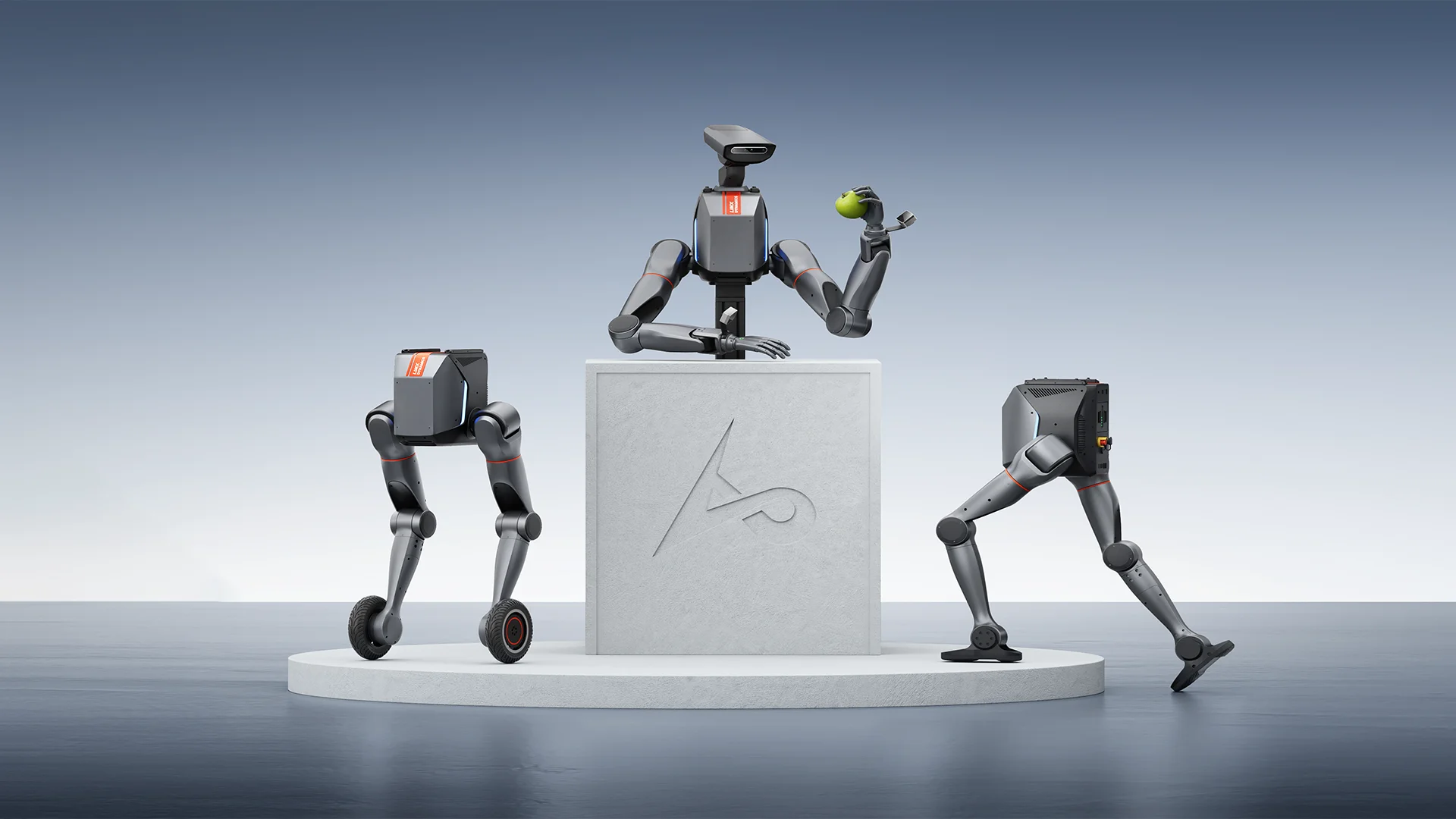The Artificial Intelligence (AI) sector experienced unprecedented growth in the global venture capital landscape in 2024. This increase, recorded by Dealroom.com, consolidates Artificial Intelligence’s position as a primary driver of technological innovation. The growth trend continued its ascent in the first quarter of 2025, particularly in Europe, despite a general slowdown in investments across the rest of the technology sector.
Kay statistica about AI investments
In 2024, venture capital allocated to AI-first companies reached a record high of $110 billion, marking a 62% increase compared to the previous year. This figure contrasts sharply with the rest of the tech sector, which saw investments decrease by 12% year-over-year, highlighting Artificial Intelligence’s leading role.
AI now accounts for one-third of global venture capital, more than double its share two years ago. As proof of this dominance, seven of the nine largest funding rounds in 2024 involved AI companies, including giants like Databricks, Waymo, and Anthropic.
Generative AI has been the most significant driver of AI investment growth, recording an increase in average funding round sizes, surpassing conventional AI and the rest of the tech sector. Global corporate research and development spending is increasingly dominated by a few large US tech companies, many of which are venture-backed and heavily focused on AI. Almost half of all startups with a valuation exceeding $1 billion are now led by Artificial Intelligence, underscoring the sector’s centrality for the next wave of innovation.
Global landscape
The United States remains the undisputed leader in AI investments, with 42% of the total venture capital raised by AI startups in 2024, exceeding the global average. Furthermore, US startups raised 74% of global AI venture capital in 2024, more than 10 times more than any other country.
Europe is emerging as an increasingly significant player within this global investment flow. In 2024, 25% of the venture capital raised in Europe was allocated to AI startups, totaling $12.8 billion (equal to 12% of global AI venture capital). Moreover, the first quarter of 2025 saw further strengthening, with European AI startups recording an increase of approximately 55% in year-on-year investments.
The United Kingdom is the leading country in Europe for generative AI investments, followed by France and Germany.
In terms of talent, London boasts almost four times more AI engineers than any other European city, followed by Paris, Berlin, Zurich, and Madrid. Europe also has a per capita concentration of AI software engineers that is 30% higher than the United States and almost three times higher than China.
Growth, challenges, and potential of the italian market
In the first half of 2025, investments in Italian startups grew by 40% compared to 2024, reaching €353 million. While this is positive news, these data, reported by SIOS Startup Italia, reveal slower growth compared to other European countries when contrasted with the rest of Europe.
Despite a slow increase in investments in 2024, the data recorded in the first six months of 2025 are promising, where Italian startups collectively raised €353,473,000 across 99 financing operations. This 38.88% improvement compared to the same period of the previous year demonstrates growing confidence in our country’s innovative ecosystem.
In Italy, investment data for startups also show an improvement compared to 2024. According to data from the Politecnico di Milano‘s Crowdinvesting Observatory, in 2025, up to €7,275,887.49 million were invested in 14 startups, recording a 59.27% growth compared to the previous year. In particular, the most financed startup sectors belong to the medtech compartment, followed by the work/HR tech, biotech, deeptech, fintech sectors, and a set of other areas such as martech, AI, IoT, and e-commerce.
From a geographical point of view, the region that has seen the most development in these sectors is Lombardy, which alone accounts for 45.45% of total investments. This is followed by Tuscany, Lazio, Emilia-Romagna, and Veneto, while Campania and Trentino-Alto Adige close the ranking.
Among the most significant examples, it’s important to mention the Italian startup Dorian Therapeutics, which has attracted the attention of giants like Altos Labs and Jeff Bezos. In the space sector, six startups (Astradyne, Rea Space, Relicta, Adaptronics, Inspire, Germina) have obtained funding from ESA Spark Funding, further strengthening the image of an Italy capable of excelling even in highly competitive fields. Finally, the success of Genenta, with its €20 million raised for cancer treatment, underscores the potential of our companies in the life sciences field.
These cases are not just isolated successes, but true beacons that illuminate the path for Italian innovation, inspiring new generations of entrepreneurs and demonstrating that Italy is capable of taking its place in the global market.






